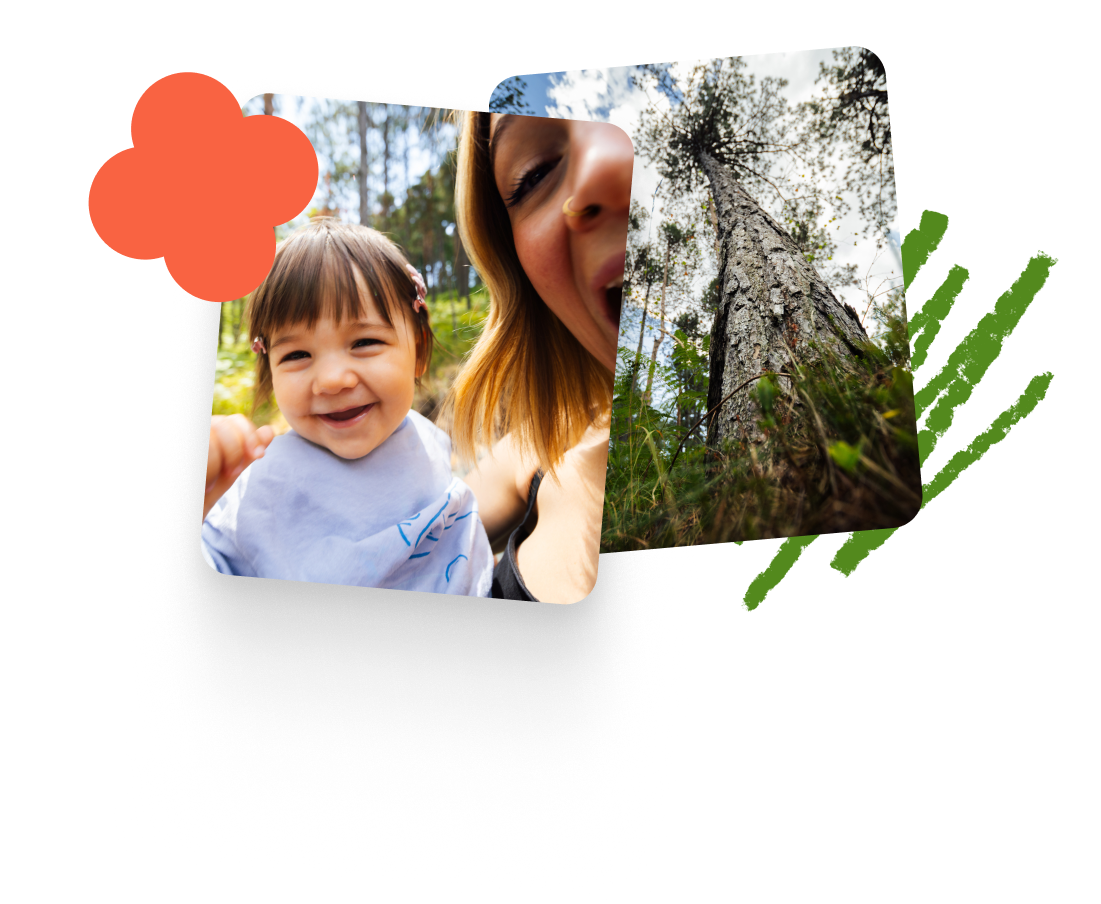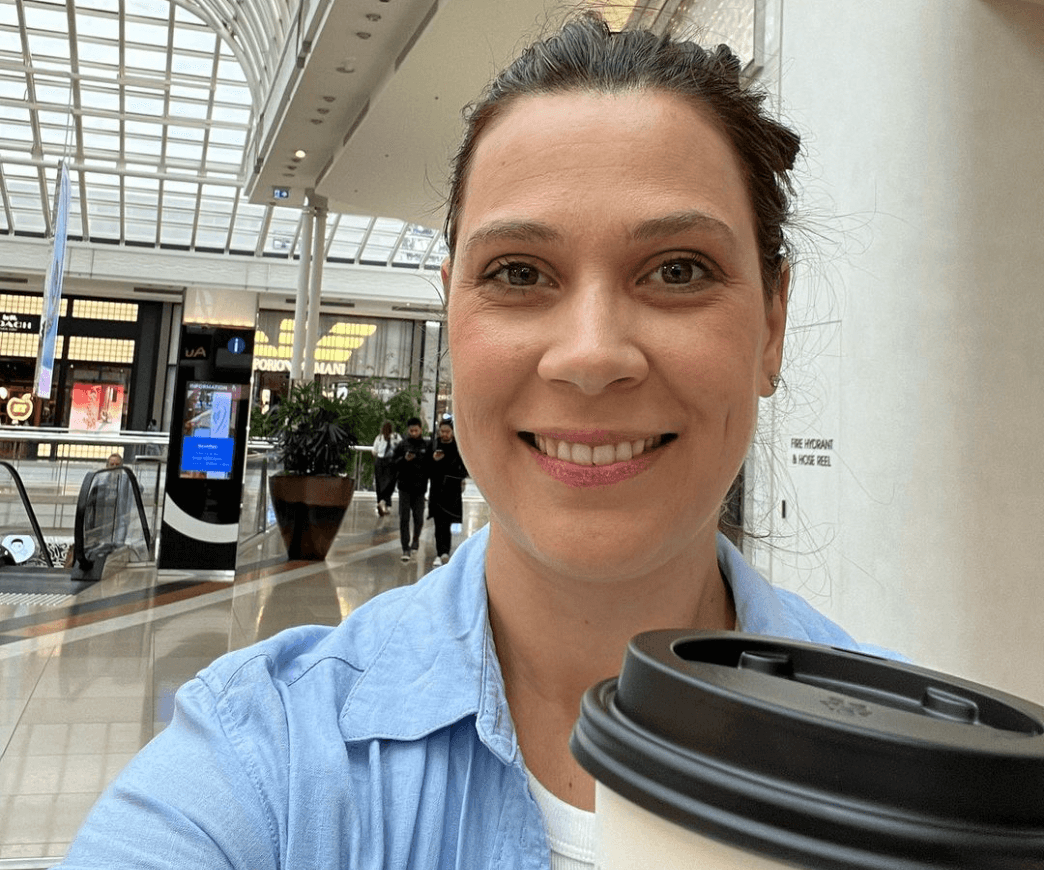
is now part of
Joy Parenting Club!
Families and care organisations using Heba will now have the option to also join Joy. For any questions, reach out to us at hello@heba.care

Families and care organisations using Heba will now have the option to also join Joy. For any questions, reach out to us at hello@heba.care

July 25, 2024
Natalie Karras, the founder of You are Seen – a coaching and support service for parents of autistic children – shares some of what she's learned.
Mums in general, we’re hard on ourselves. Harder than any other group I’ve ever witnessed. Mum guilt. Mum shame. Mum burnout. We tear shreds off ourselves for not having done something to the standard that we had hoped for. A standard so high that most people would not be able to accomplish it.
Welcome to my world.
As an overachiever, I’ve always set my standards ridiculously high. Friends would comment, share, reach out with concern with how high my standards would be – and then when I didn’t reach them, I would be utterly devastated.
The mum guilt, shame and burnout are tripled when you are raising a child with autism.
We feel guilty for not going the extra mile when we are utterly exhausted. We berate ourselves for not trying harder or trying to find a better solution. And burnout leaves mothers on the edge of a nervous breakdown.
As a society, we cannot afford for mums who are raising autistic children to burnout or have a nervous breakdown. We, as a country, don’t have the resources to be able to look after the autistic children whose mothers can no longer go on. Not because these mums don’t want to, but because they literally don’t have anything else left to give.
So, I’d like to share the three mistakes I wish I never made as a parent of an autistic child:
I wish I didn’t take my paediatrician’s words for gospel.
When my paediatrician gave us the news that my angel boy was autistic, my mind had a malfunction. Everything that came out of her mouth would later become the foundation for how I would process the information.
In that meeting, our paediatrician said some awful words. These words would stay with me for years after we received the autism diagnosis. They would swirl around in my brain in the middle of the night, haunting my dreams.
Unfortunately, I’m not the only one who this has happened to.
I’ve had clients tell me that their paediatricians have said with certainty that their child will not talk and yet, years later, the child does begin to talk.
We know that our brain cannot distinguish between what is real and what is fake. So, if we keep thinking about a specific topic or theme, our brain thinks that it must be true.
Change your language, change your life.
I wish I didn’t live in so much fear.
It took years – yes you read that right, years – for me to tell anyone outside of my immediate family that my angel boy was autistic. I was so filled with shame and guilt that I couldn’t possibly bear the thought of sharing that news with another soul.
When I finally got the chance to share the news with a stranger at the park one day, it felt like I finally put down the 30kg bag of rocks I’d be hauling around. For that one moment, I felt free. Free to take off the mask and own who I was, own who he was and not apologise for it.
Sharing the news with people you can trust is imperative. It allows you to share the heavy weight you’re carrying. It also allows you to not feel like you’re totally alone in this journey and it helps you build the community that we are all yearning for.
I wish I wasn’t so afraid of autism.
In the beginning I was extremely fearful of the autism diagnosis, especially because my angel was non-speaking. Society sees a child who is autistic and non-speaking and automatically categorises them as having an intellectual disability.
There is a deep-seeded fear from parents thinking that their child may have an intellectual disability just because they are non-speaking. However, non-speaking doesn’t mean non thinking. Non-speaking individuals can be some of the brightest and yet, we’re so quick to put them in that box.
I wish I had the wisdom to see that my angel boy’s autism was literally a different wiring of his brain. He wasn’t less, he wasn’t slow. His brain processed information differently to me. I believe that had I have taken that approach, my mindset to his diagnosis would have been completely different.
Hindsight sucks. We can all sit here and think about the "shoulda, coulda, woulda", but it doesn’t change the reality of what’s happening in the here and now.
Learn from my mistakes. Learn that there is a better way and don’t be so hard on yourself, because it’s actually not worth it.
Visit Natalie's website for more words of support and to find information about her coaching service. You can also follow her on Instagram and join her Facebook group.